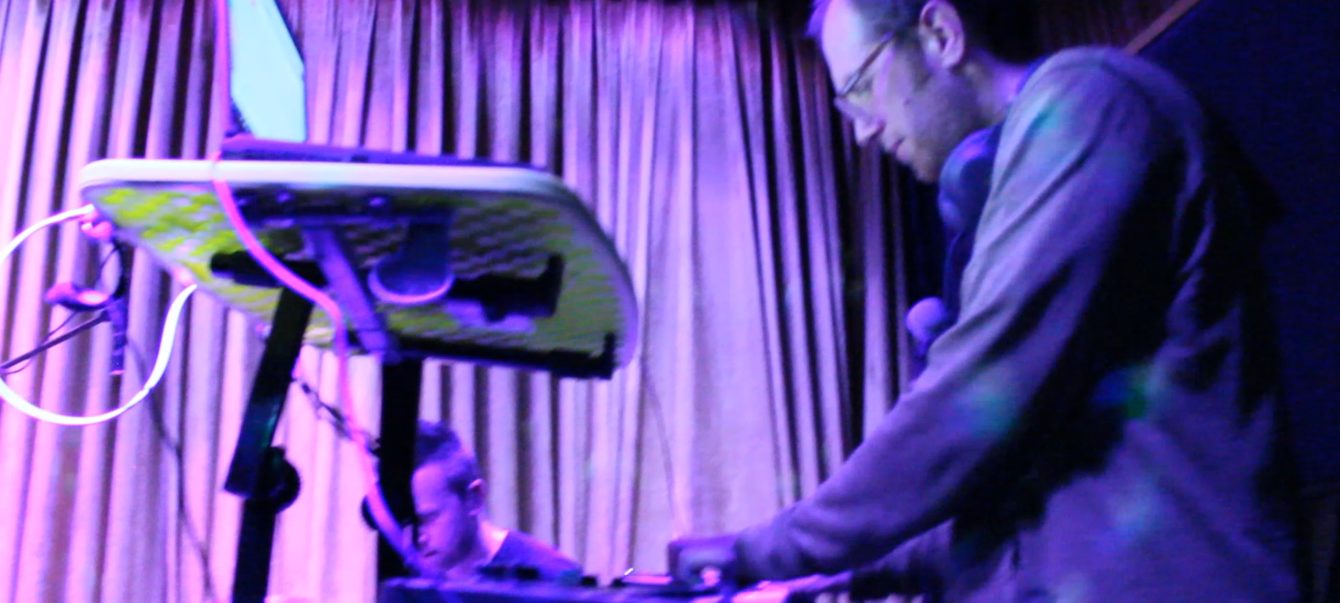Moving Mastery
Recently several of my students have found themselves on the tangible side of much hard work, frustration, hope and dedication. The tangible side being the stage when we know we are onto something. We know we sound better. We are aware there is a command developed over our art form that allows us to be more fluid, spontaneous and creative.
This personal acknowledgement is often the most rewarding part of all the hard work. After all, if we practice for the praise of our peers, teachers, parents, fans, etc.; we may become disenchanted very quickly. Those things are out of our control and often have nothing to do with the quality of what we do. The ultimate fulfillment is to know that we are able to communicate through our art – becoming aware of this is very special.
With my own practice and my students’ practice, I have seen this climb to the top of the mountain most often end up in disappointment and frustration. This is mostly because of our programmed belief that we have passed the exam, we have graduated or we have achieved a certain rite of passage. We see masters perform and create and think that if we just get to their level things become so effortless and easy. As we experience these little epiphanies in our own creative pursuits, we relax thinking we’ve made it one step closer – or we are one step beyond what we worked on last week, last month, last year or decades ago.
This thought pattern is often the seed of us getting stuck. We’ve all been in our ruts where we get frustrated, bored or tired of our own art. We just can’t see how to get to the next level or break away from our bag of tricks. If we can catch ourselves going down this path, I feel that we can create a cycle of momentum that can be monumental for long-term growth. If we keep trying to graduate to the next thing, our art becomes less and less rewarding and meaningful – motivation becomes more and more difficult to come by.
The idea of graduating or passing from anything in performing or the creative process is ill-founded at best. I have found over the years of practicing and teaching that the highs come when a strong foundation of concepts come together and the lows come when we discover (consciously or unconsciously) gaps in our foundation.
Just like most flowers can’t continually bloom all year round, our playing can’t continue to go from one peak to the next. Our practice has to be always advancing and receding. We have to have the courage to tear down what we do well and build up what we can’t do. This process is very humbling but I believe that this is where we find our artistic voice.
When we master a song or concept and are feeling really good about ourselves, it’s time to change something. Start with the basics… Change the key – try transposing whatever you are doing into all twelve keys. Change the tempo – if you are playing something at 180 beats per minute see how you sound at 30 beats per minute or 280 beats per minute. Change the articulation – reverse all the legatos to staccatos and vice versa. Listen to 10 recordings of the piece by great artists and emulate their phrasing and ignore what is on the page. It will only make you able to execute what’s on the page better – or make well-rounded decisions on your own interpretations.
Recent studies by neuroscientists have shown that we do not improve with static repetitions. If we do something “correct” three times in a row we are not improving. We only improve if something changes each repetition and our brain make the proper adjustments. Even moving the metronome five points one way or the other will benefit us more than repeating something the same way several times in a row. Would video games be as popular if we sat and played the same level over and over once we mastered it?
The final approach mentioned in this article is the application of concepts. If we can only apply a concept to the specific (or original) piece we are practicing, then we don’t own the concept – the specific piece of repertoire now owns the concepts and concepts will not be easily transferable. When this happens, we will feel like we’re starting all over with every piece. We’ve all been there and it is not fun.
Let’s say we get obsessed with playing “My Romance” like Bill Evans. After hours and hours of hard work we can sound really good on “My Romance.” Then we go to play through another tune and we sound exactly the way we did before we started on the “My Romance” project… Maybe even worse since all of our practice time was taken up by this project.
If we are not able to apply the concepts from Bill Evans’ “My Romance” to “Happy Birthday” or Stephen Foster songs or nursery rhymes then we will always be starting over with each new piece and there will not be enough hours in the day to improve on each of them.
Try taking whatever concepts you are working on and spend some time (even a little time) applying them to something else – keep it simple. Find some simple folk songs from around the world and apply the concepts there. If we can’t apply our most complicated concepts to simple applications, then something is not right and a rut could be waiting.
